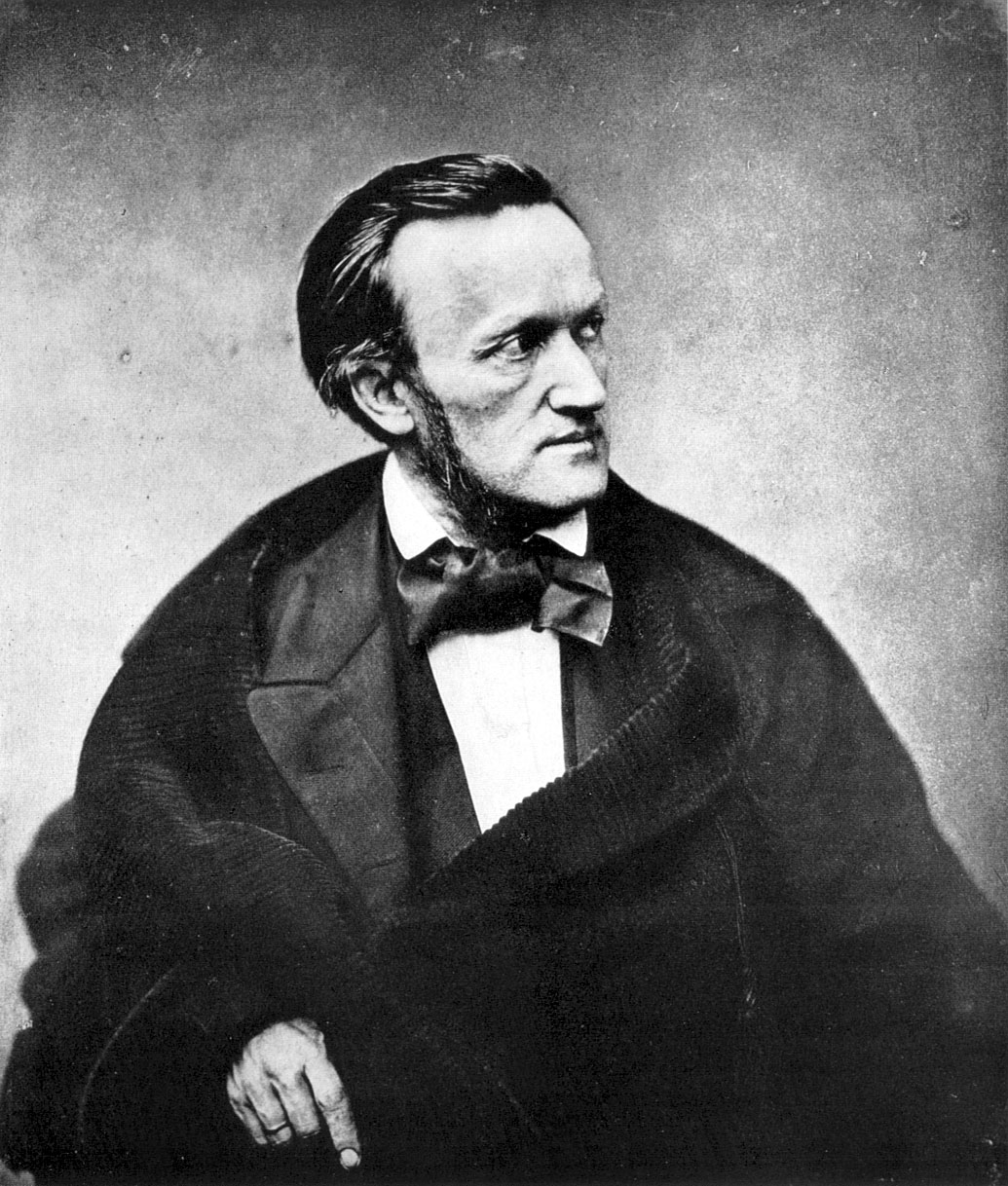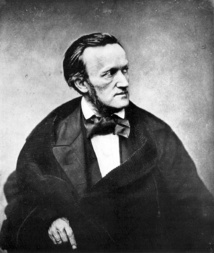A complaint by a senior cleric led to charges being filed against the head of Novosibirsk's State Opera and Ballet Theatre, Boris Mezdrich, and director, Timofei Kulyabin, who face fines of up to 200,000 rubles ($3,243) if found guilty.
The original opera, considered one of Wagner's most controversial with its focus on sexuality and spirituality, was first performed in 1845. The hero, Tannhauser, goes from frolicking with the goddess of love Venus, to seeking religious salvation from the Pope for his sexual excesses.
Kulyabin's production shifts the action to the present day, with Tannhauser a movie director making a film about Jesus visiting Venus's erotic grotto.
Kulyabin told AFP he feared the production could be censored or even banned, calling the case "absurd."
On the first day in court, prosecutors said one advertising poster for the production pictured a naked woman with a Crucifixion scene between her legs.
"The question being decided now is whether we have religious censorship in our country," Mezdrich said in court.
The case comes three years after a probe against the Pussy Riot punks who were sentenced to two years for "hooliganism", specifically offending believers, after a performance in a Moscow church.
While the two men are currently charged with a civil misdemeanour, they still risk criminal charges on a new offence introduced by Russia in 2013 after the Pussy Riot case -- carrying out public acts that offend believers -- which carries a jail sentence of up to three years.
Major arts figures have spoken in support of the opera's creators, among them, Yevgeny Mironov, a famous film and theatre actor who publicly backs Putin.
"All arguments about theatre productions should be held only in the free atmosphere of a public discussion, not in the courts," Mironov said in a letter to Novosibirsk prosecutors and investigators.
Mironov said Kulyabin was "one of the most talented young directors in Russia."
Around 1,000 conservative Orthodox activists protested outside the Novosibirsk theatre on Sunday.
The Russian Orthodox Church has regained a powerful role after decades of Soviet repression, with Russia's leaders regularly attending services.
----------------------------------------------------------------------------------------------------------
The original opera, considered one of Wagner's most controversial with its focus on sexuality and spirituality, was first performed in 1845. The hero, Tannhauser, goes from frolicking with the goddess of love Venus, to seeking religious salvation from the Pope for his sexual excesses.
Kulyabin's production shifts the action to the present day, with Tannhauser a movie director making a film about Jesus visiting Venus's erotic grotto.
Kulyabin told AFP he feared the production could be censored or even banned, calling the case "absurd."
On the first day in court, prosecutors said one advertising poster for the production pictured a naked woman with a Crucifixion scene between her legs.
"The question being decided now is whether we have religious censorship in our country," Mezdrich said in court.
The case comes three years after a probe against the Pussy Riot punks who were sentenced to two years for "hooliganism", specifically offending believers, after a performance in a Moscow church.
While the two men are currently charged with a civil misdemeanour, they still risk criminal charges on a new offence introduced by Russia in 2013 after the Pussy Riot case -- carrying out public acts that offend believers -- which carries a jail sentence of up to three years.
Major arts figures have spoken in support of the opera's creators, among them, Yevgeny Mironov, a famous film and theatre actor who publicly backs Putin.
"All arguments about theatre productions should be held only in the free atmosphere of a public discussion, not in the courts," Mironov said in a letter to Novosibirsk prosecutors and investigators.
Mironov said Kulyabin was "one of the most talented young directors in Russia."
Around 1,000 conservative Orthodox activists protested outside the Novosibirsk theatre on Sunday.
The Russian Orthodox Church has regained a powerful role after decades of Soviet repression, with Russia's leaders regularly attending services.
----------------------------------------------------------------------------------------------------------









 Home
Home Politics
Politics











